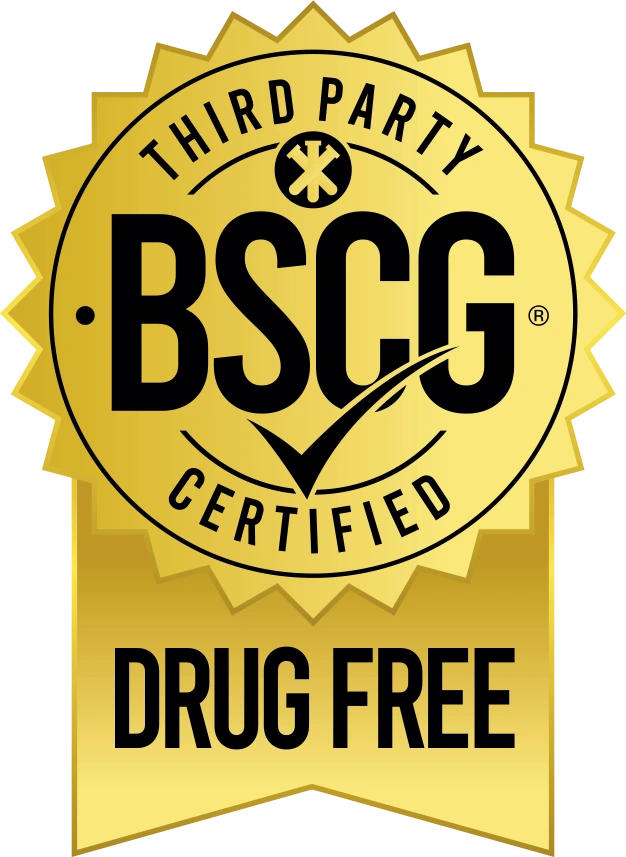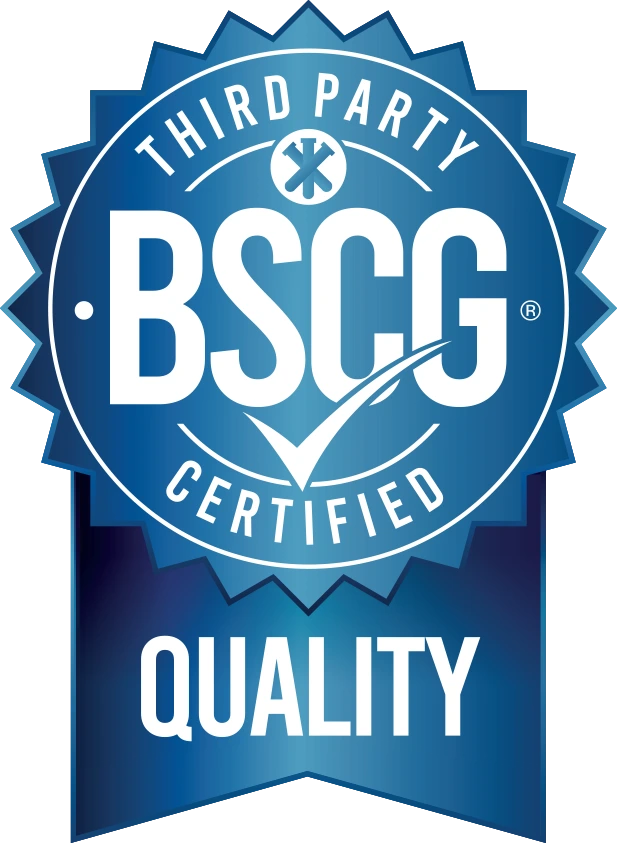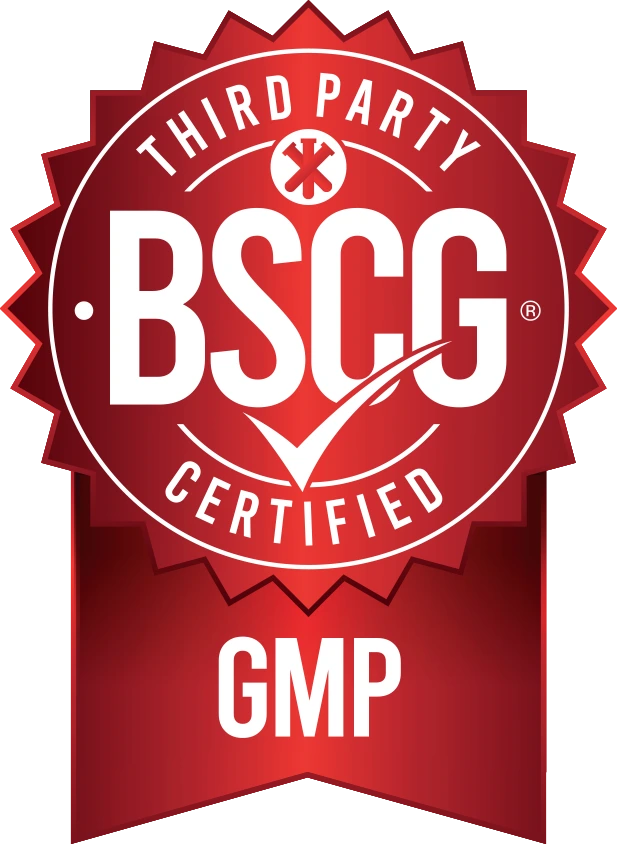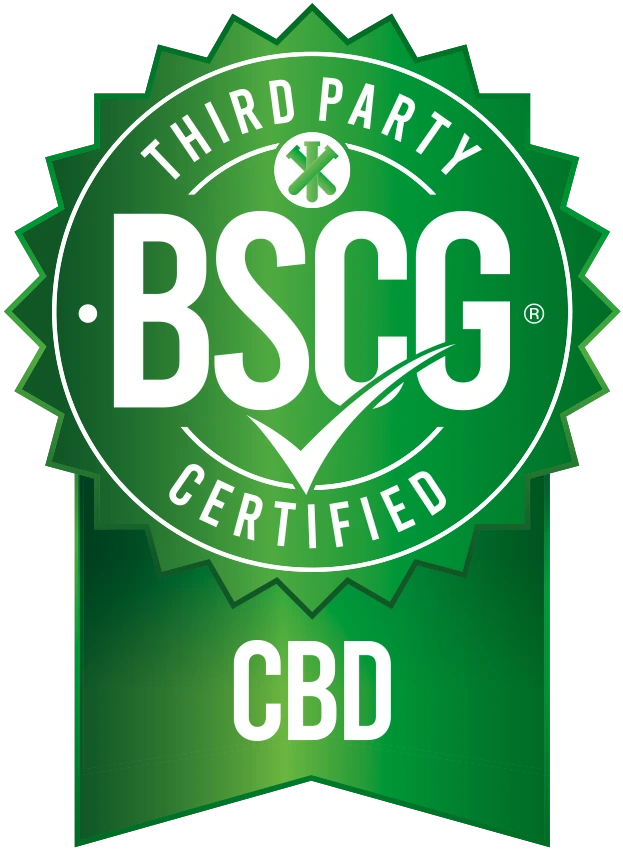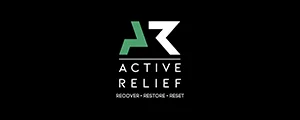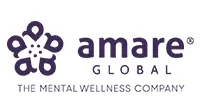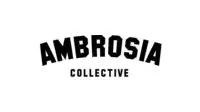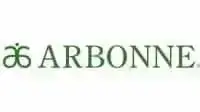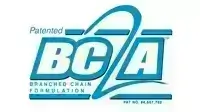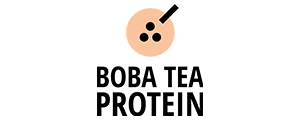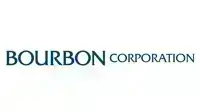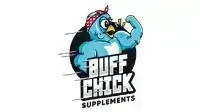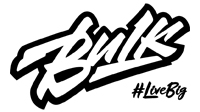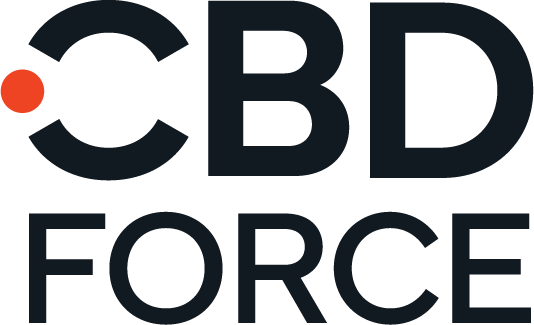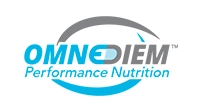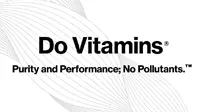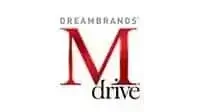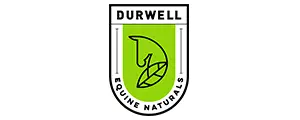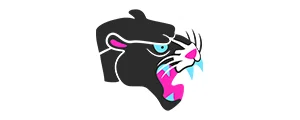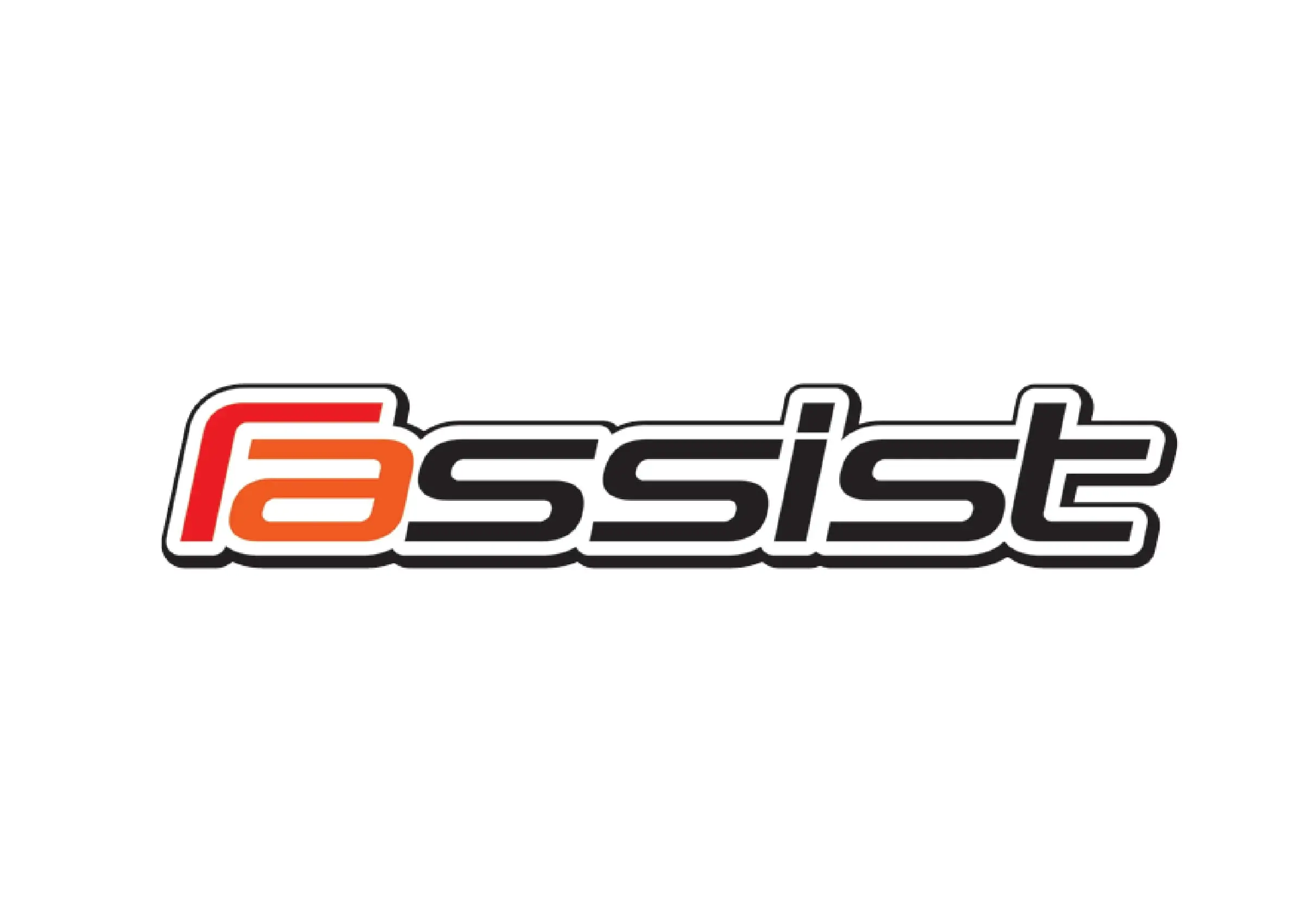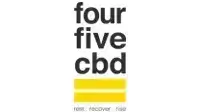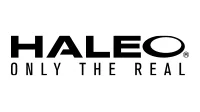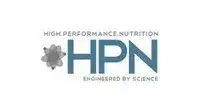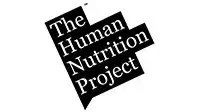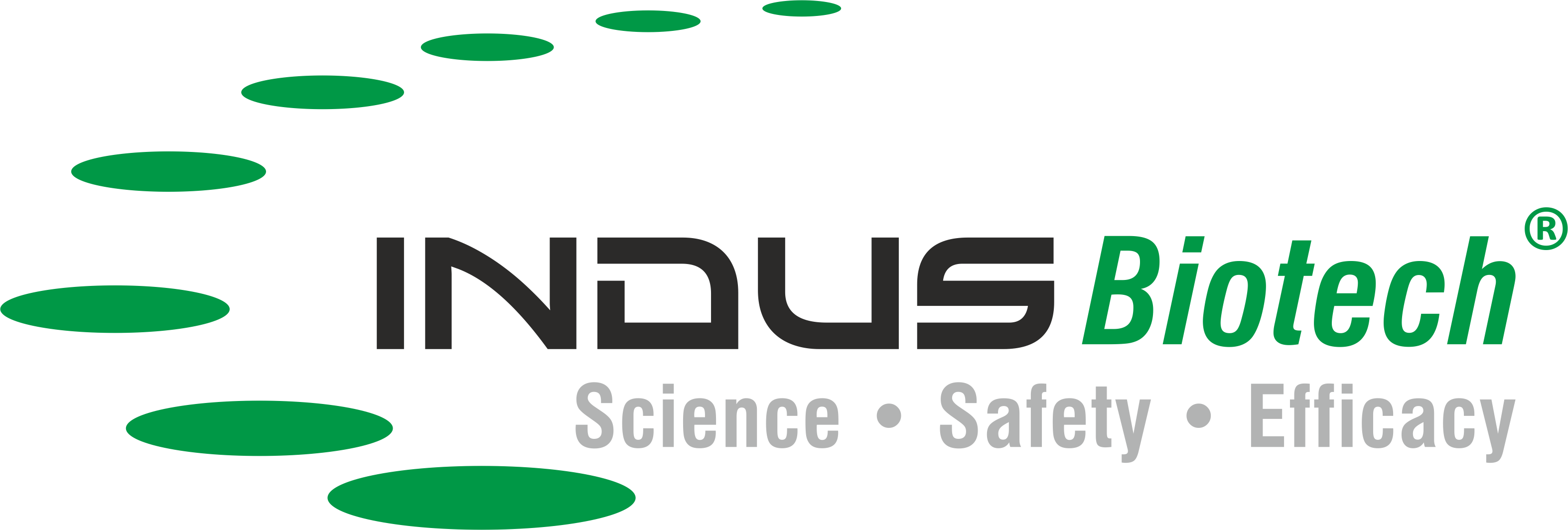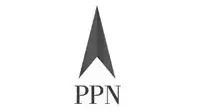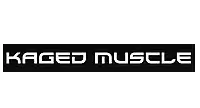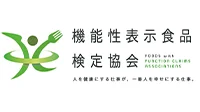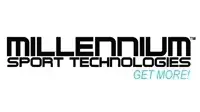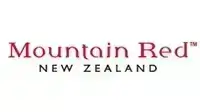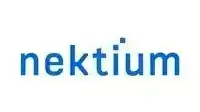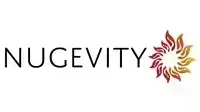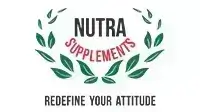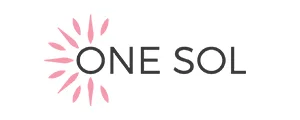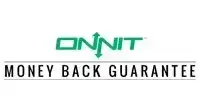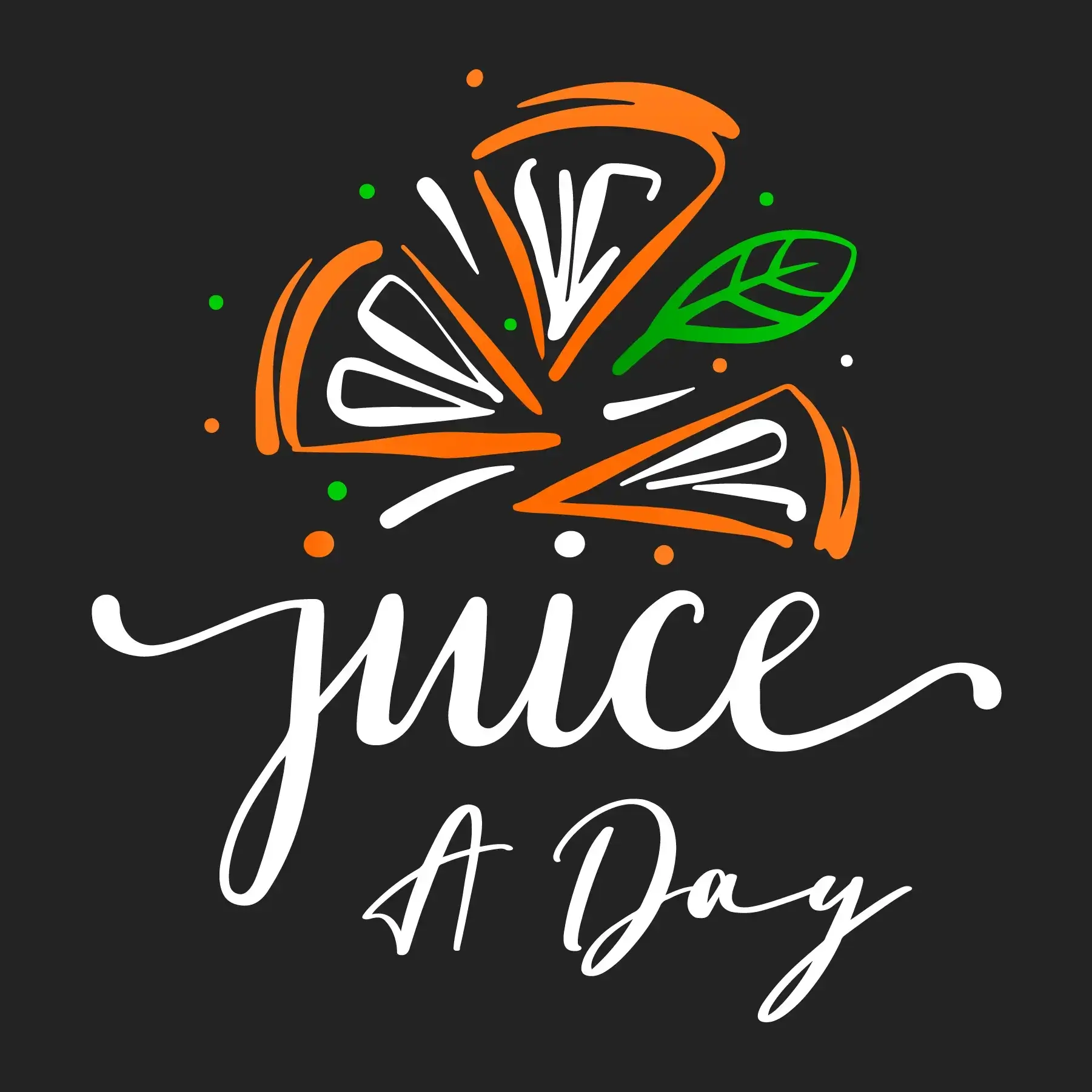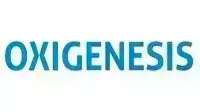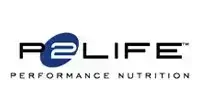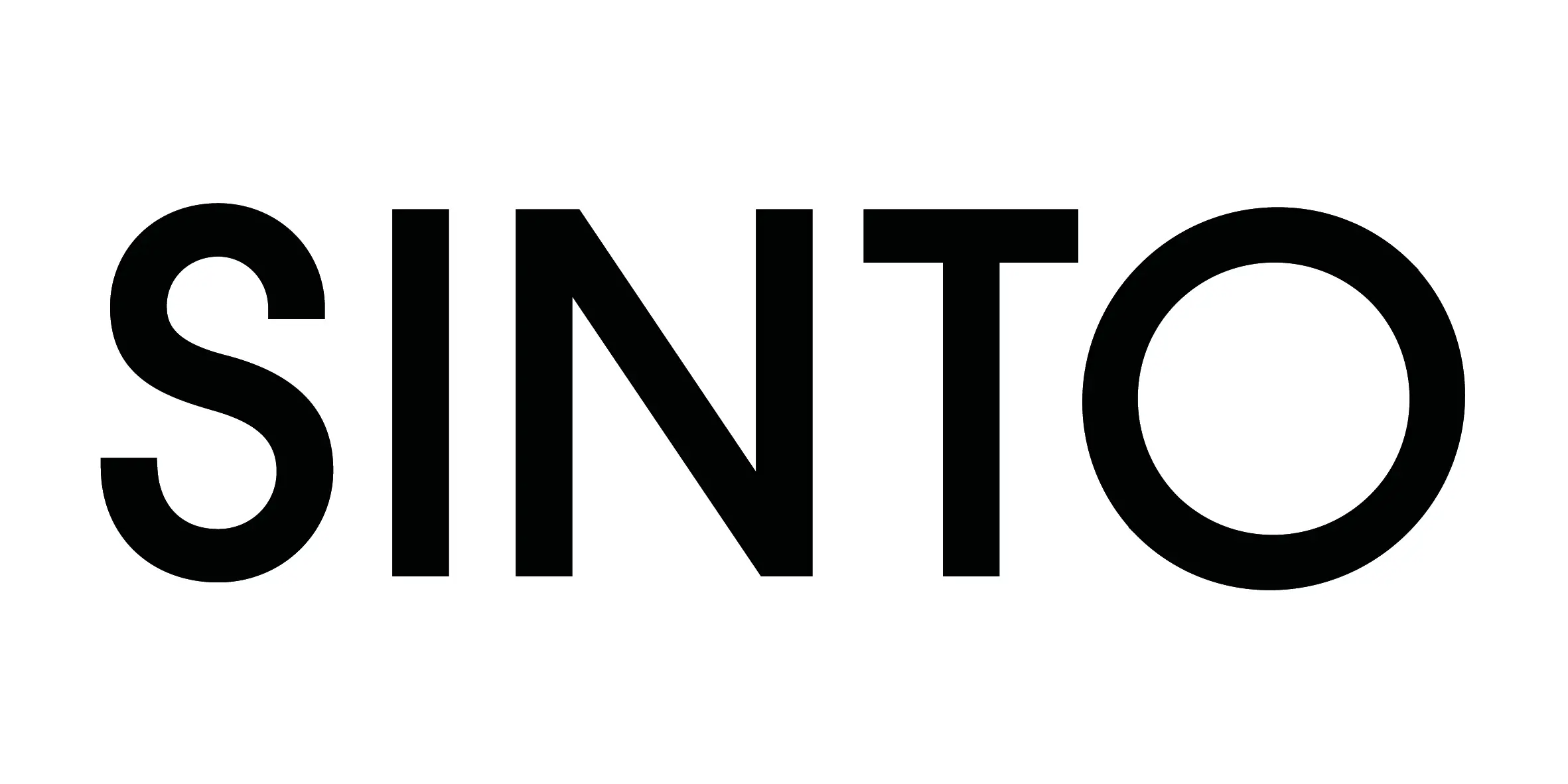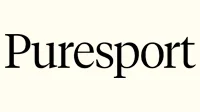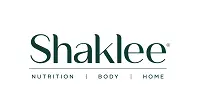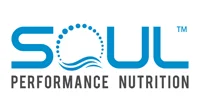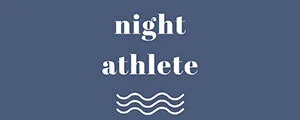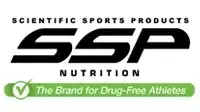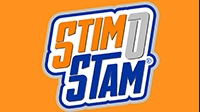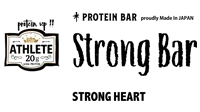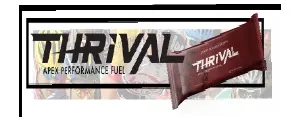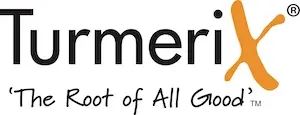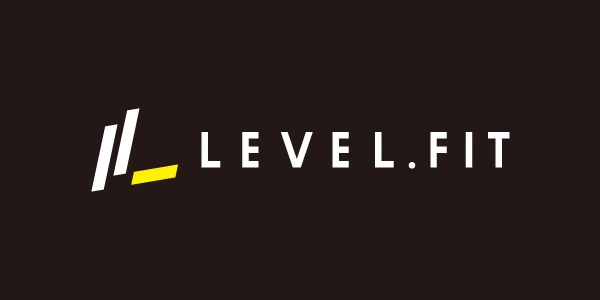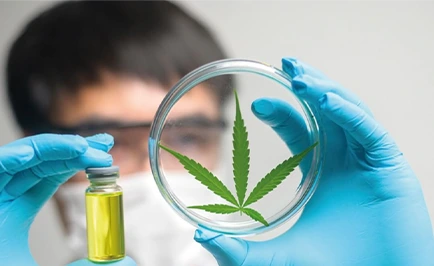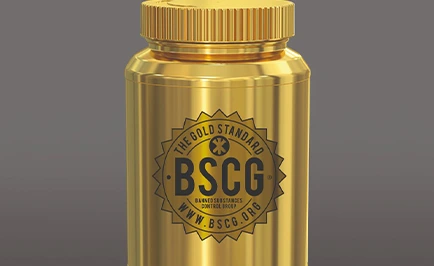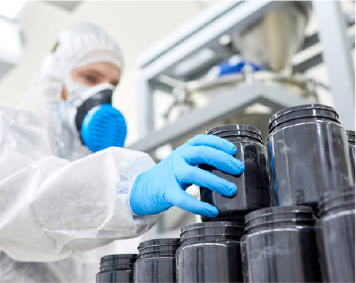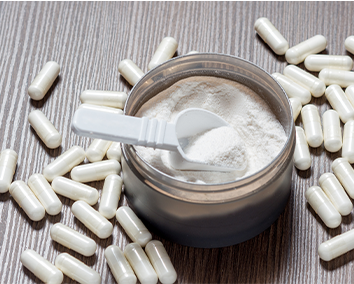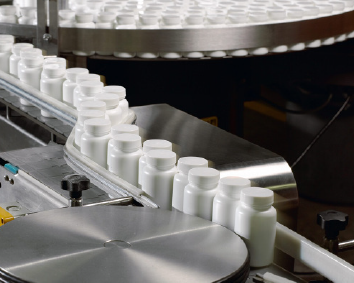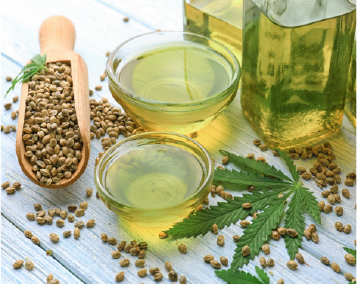Magic Mushroom Supplements as Seen Through a Google and Amazon Lens
Aug 15, 2024
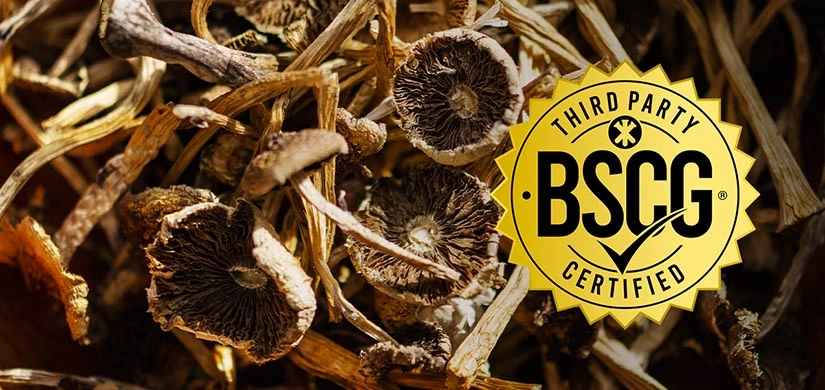
Oliver Catlin uncovers the truth behind the confusing and potentially dangerous market of magic mushroom supplements on Amazon and Google.
There has been enormous interest in the treatment potential of psychedelic mushrooms, often called magic mushrooms. The medical community is now accepting microdosing of psilocybin mushrooms as a treatment for depression or anxiety. Meanwhile, a US News & World Report story reported on a study that noted potentially toxic amanita muscaria mushrooms that can have psychoactive effects and depressive effects are also being sold as magic mushrooms, possibly misleading consumers and even putting them at risk. There is much confusion in the mushroom market these days. So, we did some Googling for ‘amanita mushroom gummies’ to see what we could find. The online availability of mushrooms is vast, with amanita mushrooms and other non-psychotropic or nootropic mushrooms seamlessly blending in the online marketplace. Thanks to Google, we found an Amazon ad for magic mushrooms that were available for sale and marketed as dietary supplements.
The Legality of Mushrooms
Despite the increased interest in the legitimate medical use of psilocybin psychedelic mushrooms, they remain categorized as a Schedule I Controlled Substance. Feel free to explore the DOJ/DEA Factsheet. Psychoactive amanita mushrooms are different than psychedelic psilocybin mushrooms. Amanita mushrooms do not contain psilocybin. Instead, they contain muscimol, ibotenic acid, and muscarine. These can cause a psychoactive reaction with sedation, euphoria, blurred vision, and loss of motor skills reported, as opposed to a psychedelic hallucinatory response with psilocybin mushrooms. These chemicals are not listed as controlled substances, and thus, selling them does not appear to violate U.S. federal drug laws.
Legal Loopholes?
Amanita mushrooms are not necessarily legal dietary supplements. They would likely require a new dietary ingredient (NDI) filing or Generally Recognized as Safe (GRAS) notification, and none exists for amanita mushrooms. Because of the potential toxicity, they would likely face challenges. They have been used in cultural medicine and shamanism worldwide for centuries. As such, they may be present in the food supply in a form not chemically altered, a qualifying condition for legality according to the Dietary Supplement Health and Education Act (DSHEA). Still, ultimately, the safety concerns make it dicey to sell amanita mushrooms as dietary or nutritional supplements.
Amazon Magic Mushroom Gummies Supplement
When it comes to dietary supplements, Amazon has had some issues in the past that have prompted a barrage of warning letters from the FDA, with 3 in 2023 alone. Much of the concern was on weight loss, sexual enhancement, or body-building supplements that were tainted with pharmaceutical drugs. The retail giant responded with new policies that require a higher level of scrutiny on quality control and compliance in these categories of dietary supplements, including testing for drugs. It seems unbelievable that Amazon would be working to address dietary supplement safety by beefing up their compliance policies only to allow the sale of magic mushroom gummies.
The product for sale is from TreHouse, and it is literally called ‘Magic Mushroom Gummies.’ The word ‘Tripp’ is printed on the package. The product site compares the product effects to those of THC or vape products and says that you can “Experience our triptastic Magic Mushroom Gummies in three other poppin’ flavors.” It even has a “Warning: May cause psychotropic effects.”
The Amazon listing says, “Jump into enhanced perception with Tre House's specially formulated mushroom blend, designed for those seeking an alternative leisure experience.” The ‘Dosing Recommendation’ on the package suggests you can have “a day on the moon if you take more than 7 gummies.” Generally, supplements are labeled with suggested use, not dosing recommendations, as that terminology is typically reserved for drugs. The box in the product image says “Magic Mushroom Microdose Gummies.”
Nothing in the listing suggests they are not actual ‘magic’ mushrooms. The only thing that suggests the product is a dietary supplement is the Supplement Facts panel and the legal disclaimer.
A Lot of Digging Uncovers the Real Truth
Curious to find the truth we continued digging. None of the other mushroom products found on Amazon were described as magic. No amanita and no psilocybin mushrooms were found. Only functional or nootropic mushrooms. Exploring further, the TreHouse blog on Mushrooms Crash Course: What are Magic Mushrooms furthers the suggestion that these are psychedelic magic mushrooms. It says, “Today, my fellow euphoria enthusiasts, we’re talkin’ mushrooms. No, not the mushrooms Nana sprinkles in her spaghetti sauce (unless she’s extremely cool.) We’re talkin’ the magic kind. The kind that lights up your third eye and blasts you directly into the stratosphere, en route to becoming the first human Martians have seen up close.” It goes on to say, “Only a handful of these mushrooms create psychoactive effects. These mushrooms, ladies and germs, are your magic mushrooms.” The product's name suggests that their product is, in fact, these magic mushrooms.
But there’s a twist. In reality, these are not magic mushrooms at all. They even have lab reports that show that they have been tested for psilocybin and psilocin, but none was detected. Instead, the product contains a proprietary mushroom blend that seems to be driven by “lion’s mane mushroom, 5-HTP, and rhodiola rosea,” as the blog explains further down, but you have to dig to find this out. All that seems to appear on the package and in the ingredient list is ‘Proprietary Mushroom Blend.’
Fact Checked Ingredients
Last we checked, 5-HTP and rhodiola rosea are not mushrooms, so the product appears to have some labeling issues regarding these ingredients if they are included in a mushroom blend. The product has a Supplement Facts panel but is not labeled as a dietary supplement on the principal display panel, so it doesn’t seem to meet FDA labeling requirements for dietary supplements in 21 CFR 101.3.
A label is a window into overall compliance, and it doesn't look good from the looks of this one.
This product also appears to violate Amazon’s dietary supplement compliance checklist for labeling. Specifically, under 3, it states, “Supplement labels must not claim that the products have the same effects as controlled substances or prescription drugs, such as names that could be confused with controlled substances or prescriptions drugs, like Viagrex or TestosterX.”
Perhaps most importantly, lion’s mane has very different impacts from psilocybin mushrooms. It is most often used as a nootropic and is a legal dietary supplement ingredient. Lion’s mane is not known to be psychedelic or create psychoactive effects. Any mushroom expert can tell you that.
False and confusing advertising plagues the supplement industry in general. Here, a product described as magic mushrooms seems to have left out the magic. Often, when we see adulteration in the dietary supplement industry, we are talking about the unlabeled presence of drugs. Here, it is the opposite as the drug a consumer or casual observer might expect to be there is not.
The Customer Reviews
The single 1-star Amazon review seems to support the lack of magic, “first was3....then day later tried seven. No effect, absolutely nothing.”
It seems these are not magic mushrooms as the world might know them. They appear to be legal and legitimate dietary supplement ingredients that are in the nootropic realm, just with magic misleading marketing.
Folks, please, if you are going to sell dietary supplements, don’t turn to ridiculous advertising that obfuscates what the product actually is and suggest that it will have effects that are not going to occur. If you’re going to sell mushrooms, please be clear as to what they are and what the effects are likely to be, especially if they are psychedelic or psychoactive. Market dietary supplements responsibly. Consumers deserve to know what they are buying.
Amazingly, actual magic mushrooms appear to be for sale in a Google listing that advertises “MELMAC, PENIS ENVY VARIANT,” which do contain psilocybin. The company also apparently sells LSD crystals. Pretty bold. Google, you might want to get rid of that ad before you get something more than a warning letter.
That is the story of the mystical realm of magic mushroom gummies, as told through a Google search and exploration on Amazon.
